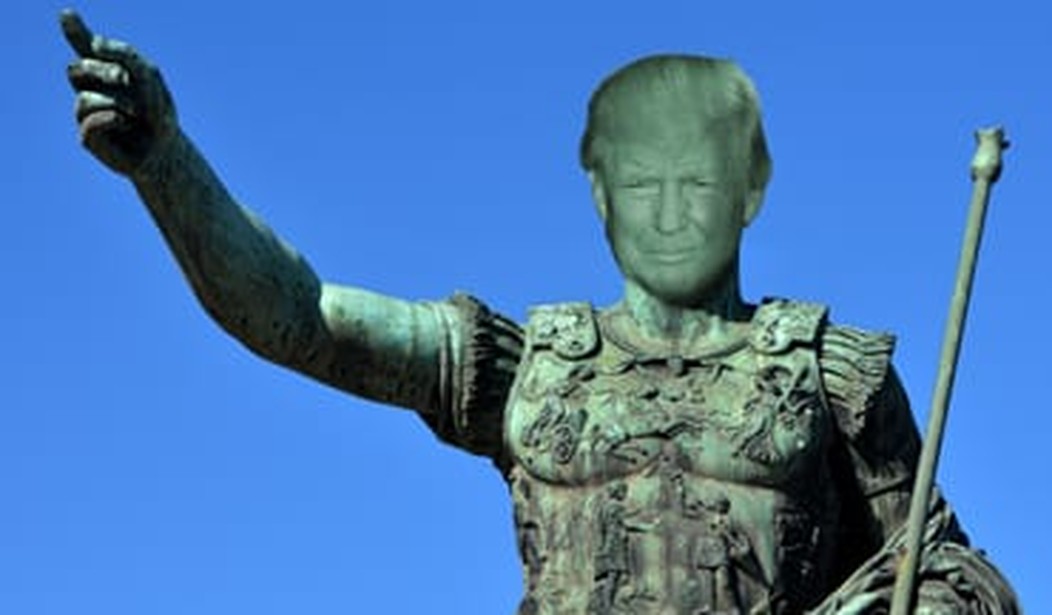So, there was the big Arms Trade Treaty conference at the United Nations, rolling along toward consensus approval of the deal, with some 2,000 attendees gathered in New York for the grand finale. And at the last minute, the whole thing stalled out, because the Trio of Evil — Iran, Syria, and North Korea — said no.
Surely that’s not because Tehran, Damascus, and Pyongyang are worried about infringing on Second Amendment rights.
Something about this is puzzling, and I’ll confess upfront I do not have the answer. Maybe it’s obvious, and I’m missing it. But, setting aside for the moment the question of whether the UN should be ginning up an Arms Trade Treaty in the first place, I’d like to focus on the players. Why these three?
Press accounts are offering various explanations. The New York Times suggests that with all three nay-sayers being under arms embargoes already, they “were concerned that the treaty would add muscle to such blockades.” Reuters offers a similar account, citing the views of anonymous western diplomats. The Iranian ambassador is quoted here and there, lamenting that the treaty has big loopholes that would leave it “hugely susceptible to politicization and discrimination.” Syria’s ambassador objected that it would not stop weapons transfers to those fighting his government. North Korea’s delegate complained that it was “not balanced.”
None of that quite adds up. A prime feature of UN treaties is that in practice they apply most heavily to countries with democratic governments — which, unlike dictatorships, are constrained by domestic debate and rule of law to abide by their agreements. Rogue regimes are less burdened by such niceties. If the U.S. signs onto a UN arms trade treaty, it’s a lot likelier that the result would be to interfere with the Second Amendment than to stop North Korean arms-smuggling to Syria and Iran. These are countries that don’t mind violating every rule in the international book, or cheating on any deal they make. Beyond the arms embargoes that all three have already been violating, Iran, Syria and North Korea all have records of ignoring international treaties in order to pursue nuclear weapons.
In raw economic terms, inveterate illicit arms dealers such as North Korea might actually stand to profit from a international treaty that would constrain those more punctilious about honoring their agreements. Rogue suppliers might get yet more business, commanding higher premiums.
So, what was the real aim of Iran, Syria, and North Korea popping up, arm in arm, in New York, three against 190, to derail a treaty they would be highly unlikely to honor even it if passed and they signed on? I don’t have an answer, but I do have the sense that something is missing from the explanations.









Join the conversation as a VIP Member